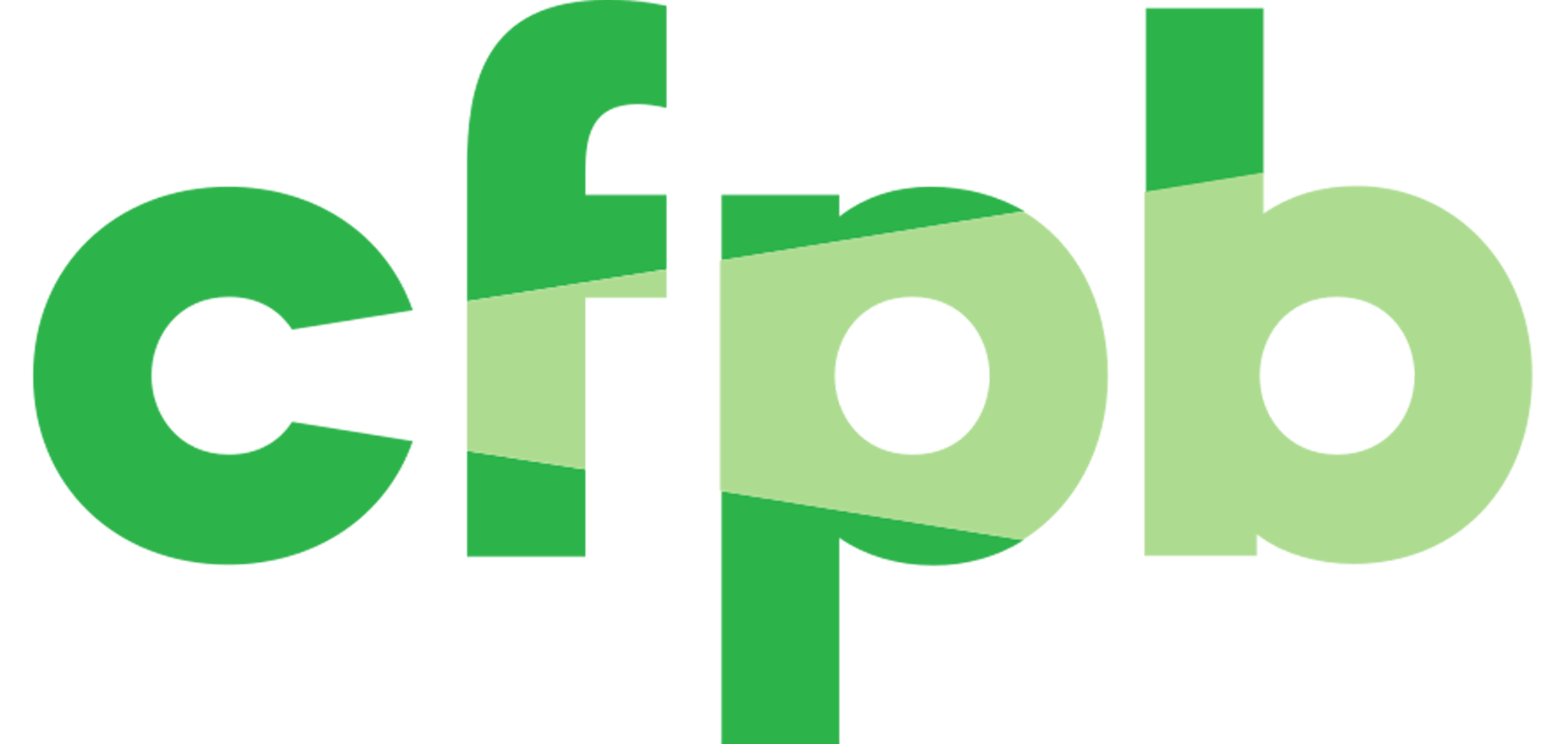CFPB Proposes Minor Changes to Make Mortgage Rules More Flexible

On April 30, the Consumer Financial Protection Bureau (CFPB) proposed three minor changes to its mortgage rules that would help certain nonprofits provide loan servicing and allow lenders slightly more flexibility for a loan to be considered a Qualified Mortgage (QM).
The first proposed change would expand the definition of “small servicer” to include additional nonprofits that service loans from other nonprofit lenders. This change would allow certain 501(c)(3) nonprofit organizations to consolidate their servicing activities while still maintaining their exemption from the servicing rules, even if they service more than 5,000 loans. All state HFAs are already included under the “small servicer” exemption, which exempts entities from some of the rule’s most burdensome requirements, regardless of the size or composition of their servicing portfolio.
The second proposed change would allow certain nonprofit groups, such as Habitat for Humanity, to offer interest-free, forgivable loans that do not count against the annual 200 loan limit for exemption from the Ability-to-Repay rule.
The third provision of the proposed rule would allow lenders to refund excess fees to the borrower if they discover that they have mistakenly exceeded the three percent fee cap required to abide by CFPB’s Ability-to-Repay/QM rule. Under the current rule, points and fees charged to the consumer for a mortgage cannot exceed three percent of the loan principal. Under this new rule, loans would still meet the legal requirements of the QM rule if the consumer is refunded the excess fees within 120 days.
Once the proposed rule is published in the Federal Register, the CFPB will open a 30-day comment period before issuing the final rule. NCSHA is still examining this rule to determine whether it will impact HFAs’ single-family lending programs. Please contact NCSHA if you have any questions or concerns.

